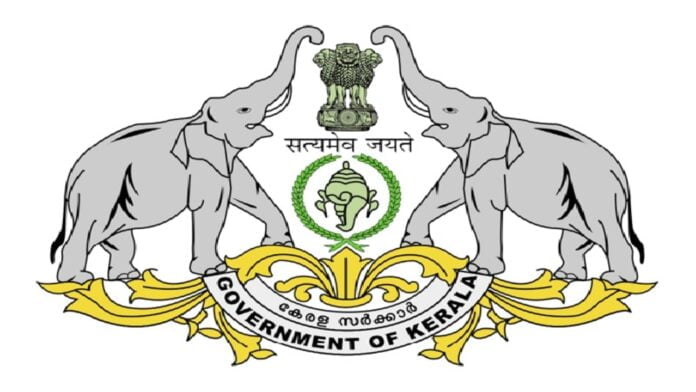The Kerala government has issued a circular instructing officials to prefix the Malayalam honorific “bahumanapetta” (meaning “honourable”) before the names of the Chief Minister and state ministers in replies to public petitions, reversing an earlier push to remove such salutations from official correspondence. The Personnel and Administrative Reforms Department’s directive is dated August 30, 2025.
The order, circulated to all secretariat departments, district collectors and office heads, requires that replies to petitioners explicitly note that the grievance has been placed before the “bahumanapetta” Chief Minister or the relevant minister. Critics say the instruction prioritises ceremonial deference over plain-language communication and efficient grievance redressal.
The move comes two years after Palakkad human-rights activist Boban Mattumantha petitioned the state to ban honorifics such as “bahumanapetta” in official correspondence, calling them undemocratic and a relic of feudal and colonial usage. Mattumantha’s campaign also targeted phrases that imply supplication in petitions; his efforts prompted earlier administrative changes on some form-wording, but the new circular goes the other way on ministerial salutations.
Officials involved in the file noting argued both sides for months. While some protocol officers defended honorifics as markers of respect and culture, legal and administrative notes accepted that there was no statutory bar on using the honorific for top offices — and the Personnel & Administrative Reforms Department ultimately cleared the circular. Observers say the decision reflects the administrative priorities of the State’s leadership.
Legal scholars and commentators have questioned the move against the backdrop of Article 18 of the Constitution, which prohibits the State from conferring titles (except military or academic distinctions). While Article 18 does not directly bar polite forms of address in routine correspondence, experts say the directive raises fresh questions about equality of citizens and the symbolic role of public language.
The circular has triggered debate on social media and among civil-service forums. Supporters say respectful protocol upholds institutional dignity; critics — including language reform advocates — argue that government communication should be neutral and citizen-centred, not ceremonial. The government has not issued any public statements beyond the circular itself.



















